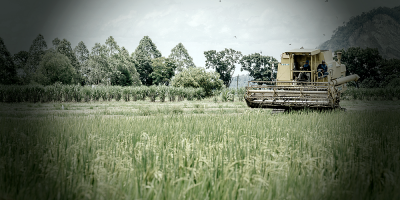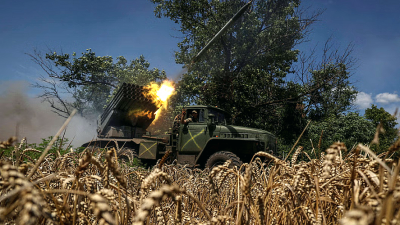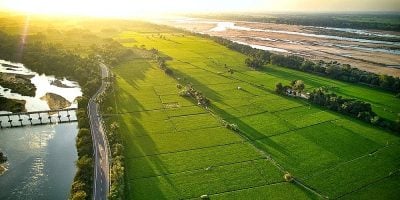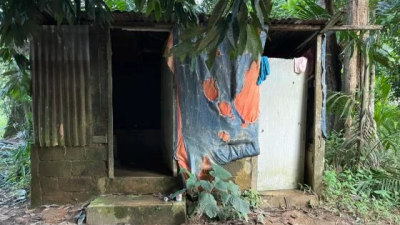Food security is of utmost strategic importance to the country’s survival that warrants long-term planning and persistent execution. Any let-up will invalidate all the efforts we have put in and will expose us to the tremendous threat of food shortage.
Several days ago, Minister of Agriculture and Food Security Mohamad Sabu said the chicken and egg subsidy policy would end on June 30, and domestic prices of these products would be freely floating from next month.
To average Malaysians, this will mean: chicken and eggs are going to be more expensive!
FOMCA chief executive Saravanan Thambirajah has projected that the prices of chicken and eggs will increase by 1 to 5% once the government ends the subsidization, which is actually a very conservative estimate.
Having experienced jaw-dropping price hikes in recent months, Malaysian consumers have learned to accept the reality that the magnitude of price hikes doesn’t really have to be reasonable at all.
With the country still working its way towards a more solid recovery and the year-long inflationary pressure not showing sign of ebbing anytime soon, higher chicken and egg prices are bound to exacerbate the economic burden of many a Malaysian.
Fortunately we’ve seen a dramatic turnaround. On the following day, the Agriculture & Food Security and Domestic Trade & Costs of Living ministries issued a joint statement to extend the subsidization of chicken and eggs from next month to ease the people’s burden.
Although the government has not announced the date when the subsidies will be officially withdrawn, it is widely believed that this will not happen in near future so that consumers can still draw a sigh of relief for the time being.
However, do take note that Minister of Domestic Trade and Costs of Living Salahuddin Ayub has revealed that the government will have to fork out RM200 million annually to subsidize just chicken and eggs, and this is going to be hefty burden to the national coffers.
In the long run, the government will have to think of ways to ensure sufficient food supply to prevent runaway price hikes instead of continuously digging into the government’s pockets to subsidize the rakyat.
Going further, this is very much about food security.
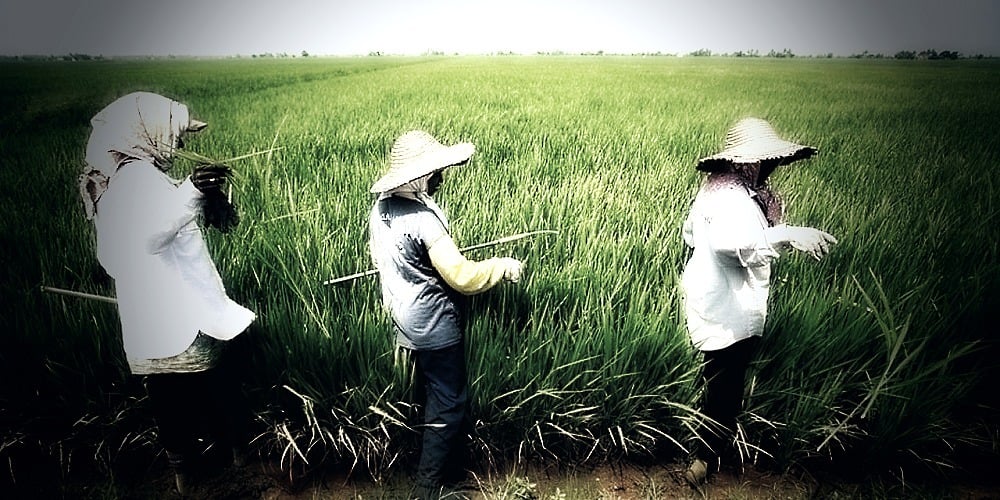
Although Malaysia is well endowed with vast natural resources and land, we have never achieved self-sufficiency in food supply and will need to rely on imports to meet local demands.
Well, when times are good, this shouldn’t pose a serious question at all, should it? But what if something unpredictable happens to the global geopolitical environment?
Take the Russia-Ukraine war for instance. Even if the war takes place far, far away from us, it has dealt a severe blow on the global supply chain, creating tremendous impact on countries across the world and sounding the food security alarm bell.
As if that’s not enough, the sinister El Niño phenomenon is about to come and affect global food production, sending goods prices skyrocketing once again. This is definitely not a piece of good news for a country heavily dependent on food imports like Malaysia!
When the global environment was ideal and stable, indeed we could easily solve the problem of food supply through imports.
But given the highly uncertain global situation these past few years, from the cold war between the United States and China to the war in Europe, the global prospect is anything but predictable. No one can tell for sure when another black swan is swooping over us causing unimaginable havoc.
As such, we should ready ourselves and cannot afford to waste more time in achieving food security.
There has been shortage of white sugar, chicken and eggs of late. According to Malaysian Rice Grain Wholesalers Association president Tan Swee Huat, if the supply imbalance of rice is not addressed soon, the country may have to face a looming rice shortage within the next few months.
As rice is the staple food for Malaysians, such a glum projection has drawn the attention of local consumers. Subsequently, Deputy Minister of Agriculture and Food Security Chan Foong Hin said Bernas had agreed to import additional 150,000 tons of white rice to ensure no disruption of local rice supply.
But we still need to go back to the root problem and resolve the issue of food security once and for all.
According to the latest Global Food Safety Index (GFSI) report, Malaysia was ranked 41st in food security last year among 113 countries, down seven places from a year earlier. This shows that we need to work harder to improve our food security position.
The government has apparently sensed the seriousness of this matter and is taking actions to tackle it. For instance, the National Planning Council has resolved to set aside 10% of land on Peninsular Malaysia and Labuan Federal Territory, or 1.2933 million hectares of land, as reserve for food production.
Additionally, the government is also mulling a two-year, five-yield rice planting plan to boost domestic production and improve the country’s agricultural food ecosystem.
Food security is of utmost strategic importance to the country’s survival that warrants long-term planning and persistent execution. Any let-up will invalidate all the efforts we have put in and will expose us to the tremendous threat of food shortage.
ADVERTISEMENT
ADVERTISEMENT







